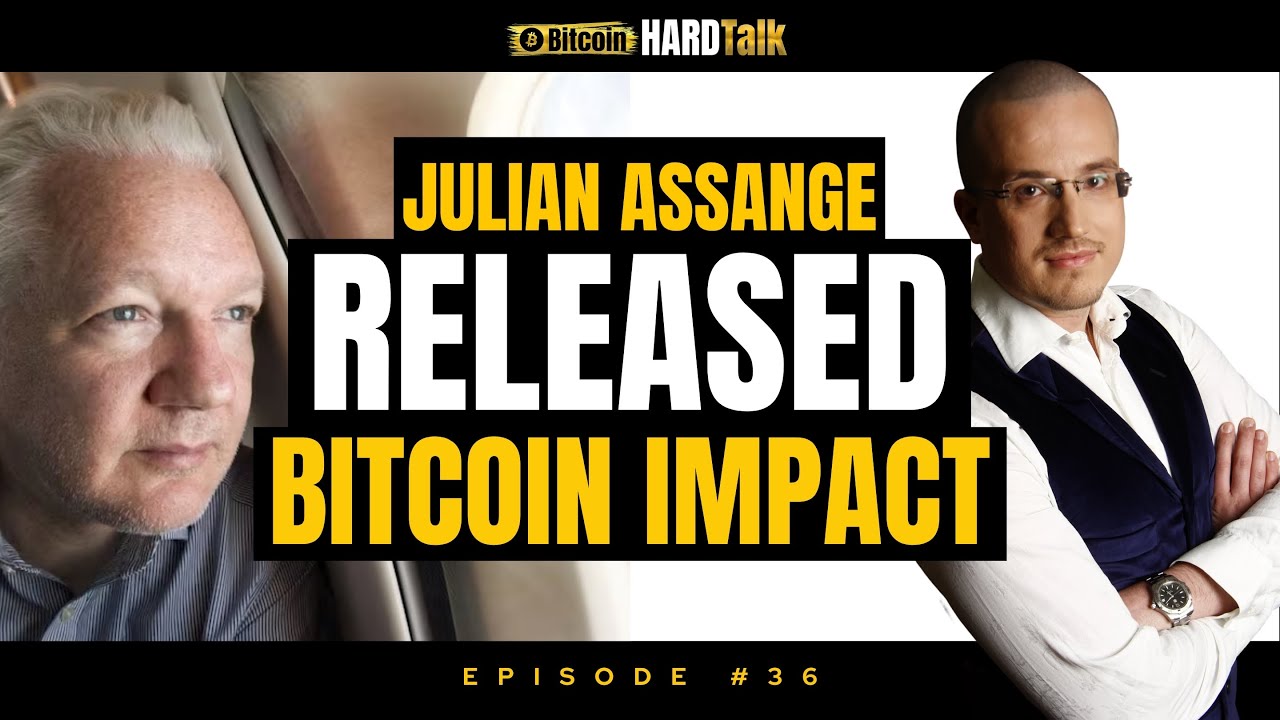Apoiadores de Evo Morales sequestram 200 militares na Bolívia
Summary
TLDRThis video discusses the escalating political crisis in Bolivia, focusing on Evo Morales and the recent military occupation by his supporters, who captured 200 soldiers. It outlines Morales's controversial rise as the first indigenous president, his government’s policies, and the subsequent tensions with Luis Arce's administration. The situation has led to road blockades and a humanitarian crisis, intensifying violence and political polarization. The outcome of the struggle for control between Morales and Arce could significantly impact Bolivia's future, highlighting the fragility of emerging democracies amid social and geopolitical pressures.
Takeaways
- 🇧🇴 Evo Morales was Bolivia's first indigenous president, serving from 2006 until his resignation in 2019 amid controversy and allegations of electoral fraud.
- 🔒 In October 2024, supporters of Morales captured a military installation, taking around 200 soldiers hostage, escalating tensions in the country.
- 📈 Morales's presidency initially boosted Bolivia's economy through wealth redistribution and nationalization of key sectors like gas and oil.
- ⚖️ The 2016 referendum to allow Morales a fourth term was rejected, leading to accusations of democratic violations when he sought to overturn the result through the Supreme Court.
- 🚧 Ongoing protests and roadblocks organized by Morales's supporters have disrupted essential supplies, causing a humanitarian crisis and economic losses exceeding $1.7 billion.
- 👥 The current political climate features a rivalry between Morales and Luis Arce, who succeeded him, complicating Bolivia's political landscape.
- 💥 Morales alleges that recent accusations against him are politically motivated attempts by the Arce government to undermine his influence.
- 🌍 The situation in Bolivia reflects broader geopolitical interests in Latin America, particularly regarding access to natural resources like lithium.
- ⚔️ Violence and confrontations between Morales's supporters and government forces have resulted in numerous injuries among both police and civilians.
- 🔮 The outcome of the current political struggle will likely shape Bolivia's future direction, potentially leading to either increased confrontation or efforts for economic stabilization.
Q & A
What triggered the military occupation and the taking of soldiers as hostages in Bolivia?
-The occupation was triggered by the escalating political tensions between supporters of Evo Morales and the government of Luis Arce, particularly following protests against government actions and allegations of electoral fraud.
Who is Evo Morales and why is he a polarizing figure in Bolivian politics?
-Evo Morales is Bolivia's first indigenous president, known for his policies of wealth redistribution and nationalization of key sectors. His tenure was marked by controversies, especially his attempts to extend his presidency, which generated significant opposition.
What were the economic consequences of the protests and blockades initiated by Morales's supporters?
-The protests and blockades led to an estimated economic cost of over $1.7 billion, resulting in shortages of essential goods, rising prices, and significant disruptions in transportation across the country.
How did the Bolivian government respond to the military occupation and the violence?
-President Luis Arce warned of potential military mobilization to restore order and end the blockades, emphasizing the government's constitutional duty to protect the public interest.
What were the implications of the conflict for everyday Bolivians?
-The conflict created a humanitarian crisis, disrupting the supply of food and fuel, leading to severe shortages and increased living costs, impacting families' survival and wellbeing.
What role do external geopolitical interests play in the Bolivian crisis?
-Bolivia's rich natural resources, particularly lithium and natural gas, have attracted interest from foreign powers, complicating the internal political conflict and highlighting the region's strategic importance.
What accusations has Morales faced since the resurgence of protests?
-Evo Morales has faced accusations of human trafficking and other violations, which he claims are fabricated by the government to undermine his political influence and prevent his return to power.
What was the outcome of the 2019 elections and its aftermath?
-The 2019 elections, which Morales was declared the winner of, were marred by allegations of fraud, leading to mass protests, Morales's resignation, and his subsequent exile.
What future political challenges does Bolivia face heading into the 2025 elections?
-Bolivia faces a potential political struggle between Morales and Arce for control of the Movement for Socialism party, which could determine the country's direction based on popular support and the resolution of ongoing tensions.
How has the relationship between Morales and Arce evolved since the latter's presidency began?
-The relationship has soured, with Morales increasingly critical of Arce's government, leading to a power struggle within the Movement for Socialism party as they position themselves for the upcoming elections.
Outlines

This section is available to paid users only. Please upgrade to access this part.
Upgrade NowMindmap

This section is available to paid users only. Please upgrade to access this part.
Upgrade NowKeywords

This section is available to paid users only. Please upgrade to access this part.
Upgrade NowHighlights

This section is available to paid users only. Please upgrade to access this part.
Upgrade NowTranscripts

This section is available to paid users only. Please upgrade to access this part.
Upgrade NowBrowse More Related Video

Civils et militaires durant la Première Guerre mondiale - Histoire - Troisième

Julian Assange Released After 5 Years: Exploring His Impact On Bitcoin | #BitcoinHardTalk Ep. 36

What really happened in Israel on Oct. 7? w/Max Blumenthal | The Chris Hedges Report

IDF Mass Warning: IT’S IMMINENT | Hizbullah’s “Sunni” Ally: “EXECUTE Them All & ATTACK Israel Now!”

The history between Lebanon and Israel, explained

ولاية تكساس و ٢٠ ولاية أمريكية تتمرد على الحكومة الفيدرالية
5.0 / 5 (0 votes)